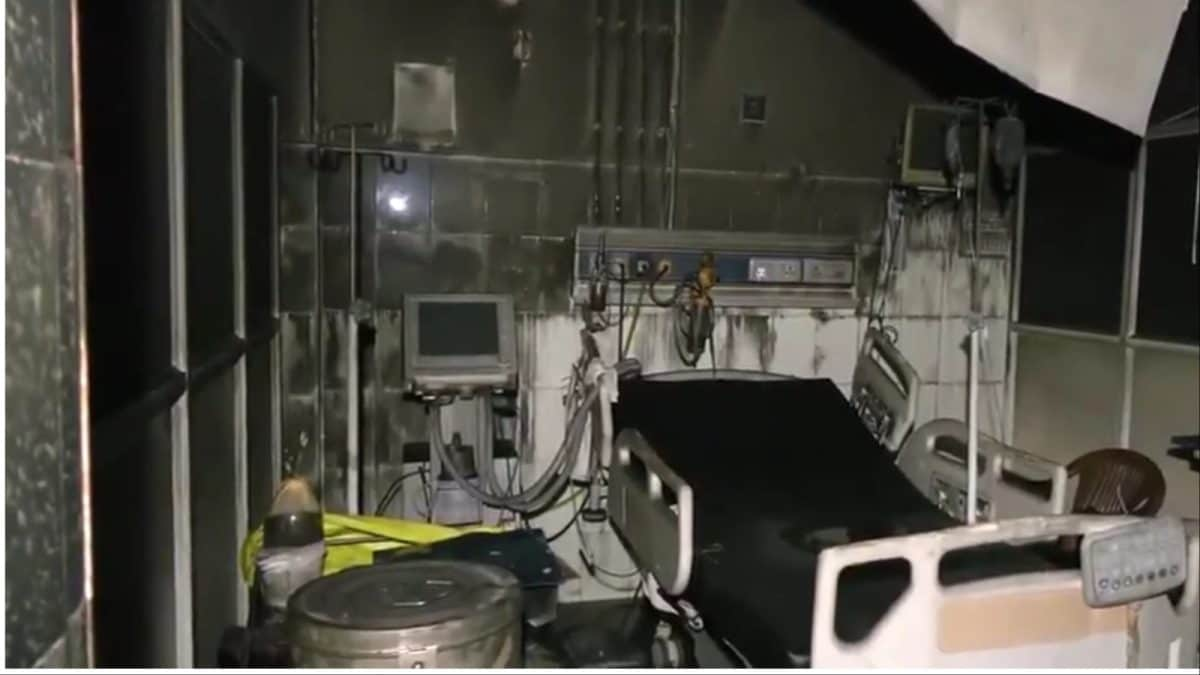US Treasury Secretary Scott Bessent signalled on Thursday that “substantial support” for American farmers would be announced soon
US President Donald Trump is considering a bailout package of at least $10 billion to help the country’s soybean farmers weather the impact of China’s ongoing boycott of American crops. The proposal comes as the humble soybean emerges as a key flashpoint in the trade war between the world’s two largest economies.
US Treasury Secretary Scott Bessent signalled on Thursday that “substantial support” for American farmers would be announced next week, with soybean growers expected to receive a significant portion of the aid as they struggle with the fallout from Trump’s trade conflicts. The Wall Street Journal reported that the administration is mulling $10 billion or more in assistance as surging costs, foreign retaliation, and falling commodity prices hit the country’s agricultural base.
The US agriculture industry has been grappling with multiple challenges this year. Beyond the trade war’s impact, immigration-related labour shortages and plummeting commodity prices have intensified the strain. According to the Agriculture Department, farm production expenses are expected to reach $467.4 billion in 2025, a rise of $12 billion from last year. Meanwhile, farm bankruptcies climbed in the first half of the year to their highest level since 2021, according to US courts data.
Farmers, a critical part of Trump’s political base, have grown increasingly anxious as exports to China have dried up amid Beijing’s retaliatory tariffs on American products. “You should expect some news on Tuesday on substantial support for our farmers, especially the soybean farmers,” Bessent told CNBC early Thursday.
Trade tensions deepen ahead of Trump–Xi meeting
Trump has indicated that he plans to press Chinese President Xi Jinping on the issue of soybean imports when they meet later this month, as US farmers continue to struggle under the weight of the trade standoff. “The Soybean Farmers of our Country are being hurt because China is, for ‘negotiating’ reasons only, not buying,” Trump wrote on his Truth Social platform. He confirmed that the meeting with Xi will take place on the sidelines of the Asia-Pacific Economic Cooperation (APEC) summit in South Korea at the end of October, and that he will travel to China next year.
The talks follow months of tit-for-tat tariff measures between Washington and Beijing, which have strained trade relations despite recent attempts at de-escalation. The fragile truce has done little to alleviate the damage already inflicted on American agriculture. Trump on Wednesday reiterated his intention to use revenue from US tariffs to fund aid for farmers, while criticising his predecessor Joe Biden for failing to enforce an earlier trade pact with Beijing that included higher agricultural purchases.
The American Soybean Association (ASA) has been urging the White House to make soybeans a top priority in trade discussions with China. ASA President Caleb Ragland warned in August that China’s retaliatory tariffs were “shutting American farmers out of their largest export market going into the 2025 soybean harvest.” He added that “the US has made zero sales to China in this new crop marketing year due to 20-percent retaliatory tariffs imposed by China in response to US tariffs.”
“This has allowed other exporters, Brazil and now Argentina, to capture our market at the direct expense of US farmers,” Ragland said, describing the frustration among soybean growers as “overwhelming.”
China pushes to roll back national-security restrictions
China has urged the Trump administration to ease national security restrictions on Chinese investments in the United States, offering the possibility of a large-scale investment package in return, a move that would mark a significant shift from policies in place for the past decade.
According to people familiar with the discussions, Beijing’s negotiators, acting on President Xi Jinping’s instructions, also pressed for reduced tariffs on imported materials from China that would supply any Chinese factories established in the US.
The proposals were presented during trade negotiations held in Madrid last month, the sources said. It was during these talks that both sides reached a framework agreement allowing Chinese social media company TikTok to continue operating in the United States, despite persistent national security objections from American lawmakers.
(With agency inputs)
End of Article

)

